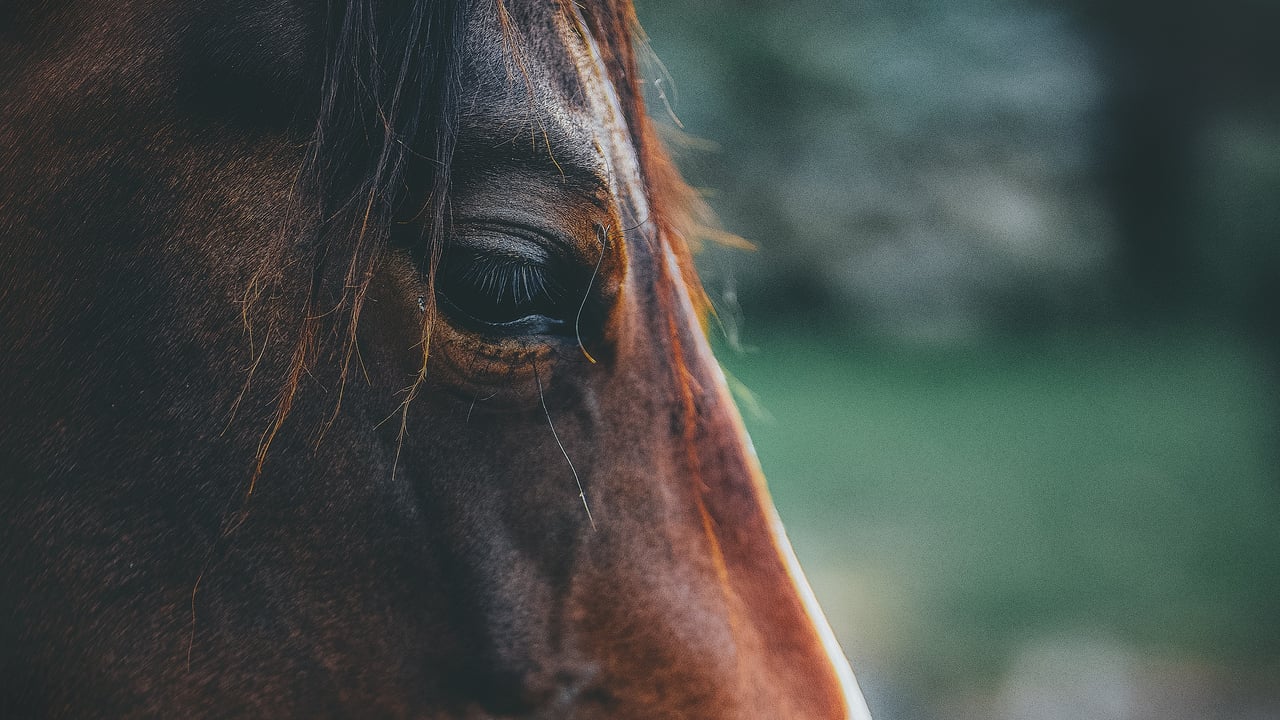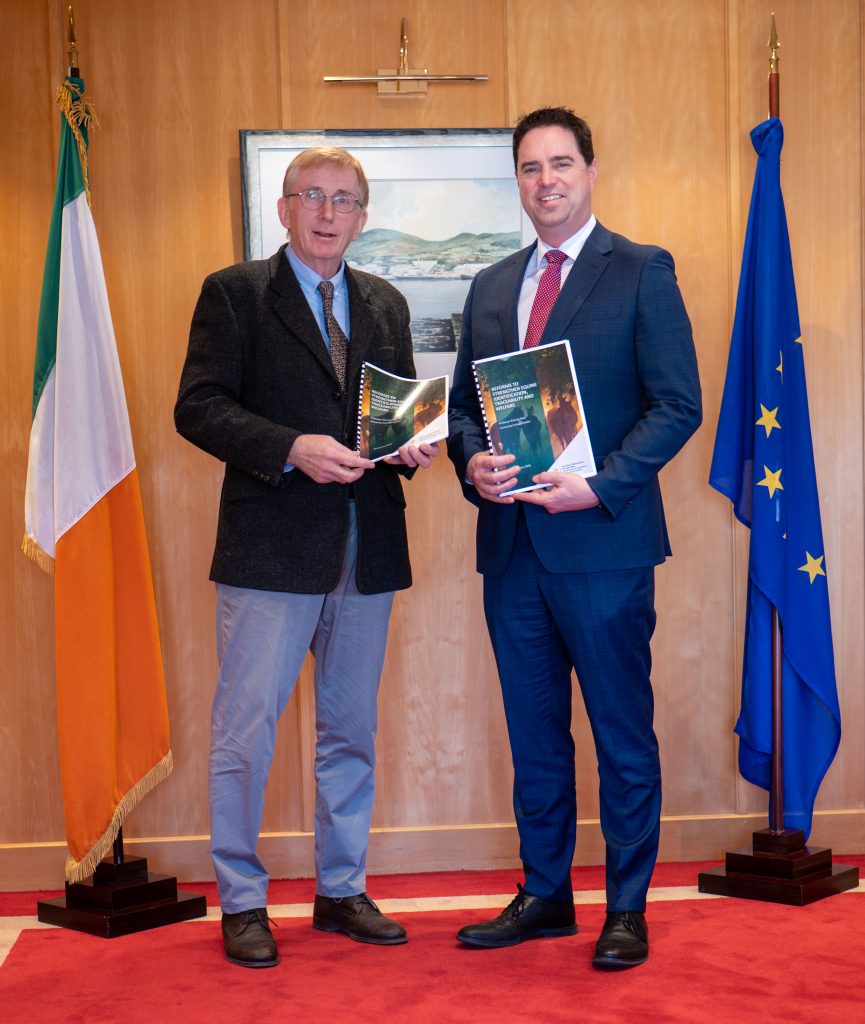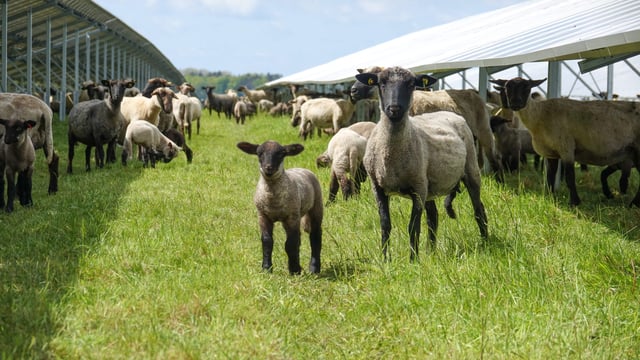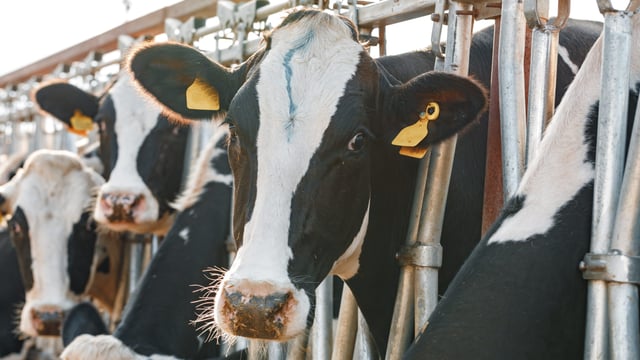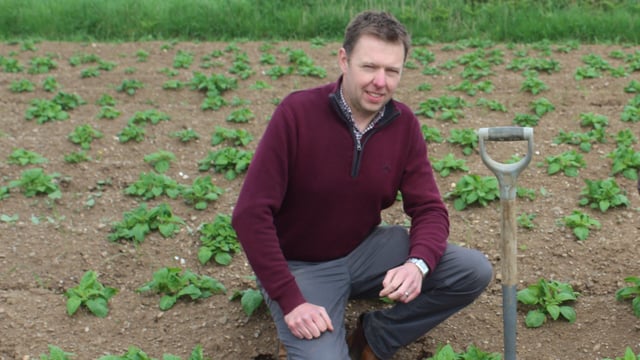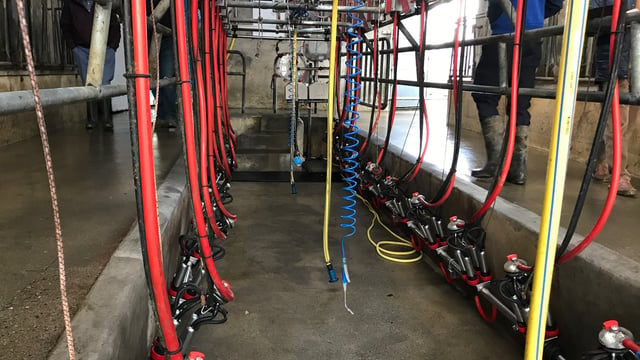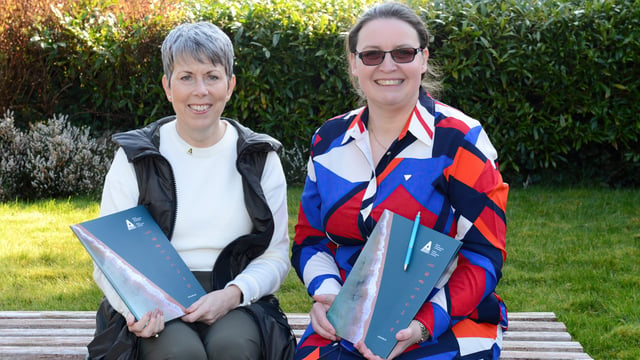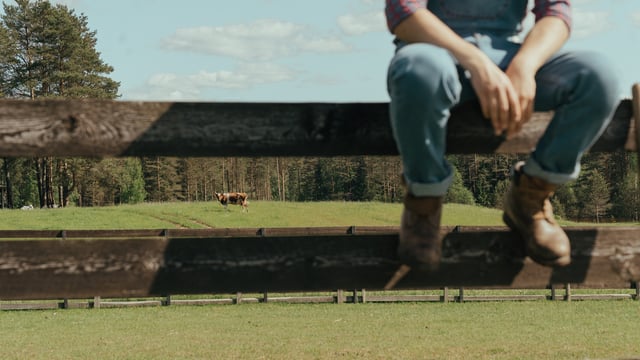Horse traceability report recommends 'properly run' slaughter plant
Minister for Agriculture, Food and the Marine, Martin Heydon today (Thursday, March 20) welcomed the publication of Prof. Paddy Wall’s report on Ireland’s equine traceability system.
Prof. Wall, who is a veterinarian, medical doctor, knowledgeable in the equine sector and a food safety expert, was commissioned by the Department of Agriculture, Food and the Marine (DAFM) to carry out a root-and-branch review of Ireland's equine traceability system.
This followed the broadcast of an RTÉ Investigates documentary last June highlighting issues with equine traceability.
Operations at Ireland’s only horse abattoir, Shannonside Foods were suspended last summer by the then agriculture minister, Charlie McConalogue, following the programme.
Today's report states: "The [RTÉ] programme suggested that the one slaughter facility in Ireland may have been processing horses that were ineligible for human consumption.
"This concern arises from indications of poor compliance with, and inadequate enforcement of, registration and traceability regulations.
"It appeared that horses stamped out of the food chain were being given new identities to gain approval for slaughter."
Prof. Wall mentioned also that the documentary highlighted gross welfare abuses and raised concerns about the export of potentially ineligible horses for slaughter outside of Ireland.
Claims were also made at the time that some riding horses may have been exported with falsified passports.
Commenting on the report, Minister Martin Heydon, said: “Professor Wall has presented an excellent report calling for impactful reform of our equine identification system.
"I look forward to acting on these proposals so that we can ensure the horrific scenes broadcast in last June’s documentary can never happen again.”
In the report, Prof Wall states: Food production is one of Ireland’s key indigenous industries, and our reputation as a global leader is founded on stringent food safety standards and robust animal welfare practices.
"Any incidents that call the effectiveness of our controls into question risk undermining trust in international markets.
"To safeguard this trust, consistency in compliance and control is essential across all sectors, including beef, dairy, lamb, pork, poultry, and equine.
"If an operator is willing to falsify the identity of a live horse, it raises serious concerns that they might just as easily change the identity of a box of horse meat to pass it off as beef, a practice at the heart of the pan-European fraud uncovered in 2013," he added.
The professor also stated in the report that DAFM oversaw the horse meat slaughter facility under a service contract with the Food Safety Authority of Ireland (FSAI).
"While this arrangement is designed to ensure compliance with food safety and animal welfare regulations, the RTÉ revelations have highlighted shortcomings in oversight, particularly before the horses arrived into the slaughter plant," he stated.
"It is a matter of concern that it took investigative journalism by RTÉ, using hidden cameras, to uncover ongoing irregularities within a facility located adjacent to the slaughter plant used to assemble horses prior to slaughter, underscoring the need for more robust oversight of the assembly of horses pre-slaughter as well as within the slaughter plant itself."
Horse traceability recommendations
The report proposes a series of recommendations to strengthen equine identification, traceability and welfare which are centred on achieving four key objectives:
- Ensuring the highest level of protection for horses at end of life;
- Ensuring owner accountability through better traceability;
- Stricter enforcement of the law on equine identification;
- Making best use of science and technology to deliver better traceability and food safety.
One of the recommendations outlined in the report recommends the setting up of a "properly run horse slaughter facility" in Ireland.
"There is a pressing need for a well-regulated horse slaughter facility in Ireland, where horses that are eligible for the food chain, but have no viable function due to age, injury, behavioural issues, or lack of ability, can be humanely processed," the report states.
"Such a facility should include appropriate infrastructure for the safe and humane handling of live horses and maintain the highest standards of hygiene for processing horse meat."
"...The facility must be adequately supervised to comply with all relevant regulations, withpermanent CCTV coverage of the lairage and kill box areas to provide further accountability.
"Any assembly points supplying the facility should require approval and regular inspection bythe Department of Agriculture, Food and the Marine."
Other recommendations include:
- Grant aid and oversight for a new equine slaughter facility;
- Make the central database the authoritative source of horse data in Ireland;
- Annual equine census be fully integrated with the central equine database managed by DAFM;
- Both sellers and buyers should be required to report transfers of ownership to the central database;
- Mandatory reporting of horse movements and location changes - Equine Premises Number (EPN);
- Strengthen oversight and compliance for equine exports;
- All imported horses be scanned at the point of entry, with their microchip numbers, destination EPN, and owner details uploaded to the central database;
- Strengthen reporting requirements for knackeries;
- Mobile app should be developed to facilitate real-time updates;
- QR code should be included on equine passports;
- DNA typing should be adopted as a mandatory requirement for all horses eligible for slaughter.
The minister also published an action plan today outlining how the department will implement the proposed reforms, adding: “I am committed to ensuring that the delivery of the vision set out in this report is rooted in transparency and accountability.
"My department is publishing this action plan to set out timelines and the specifics on how we will implement the recommendations of Professor Wall’s report.”
The minister concluded by highlighting the importance of stakeholder engagement, commenting: “Professor Wall’s review highlights the broad range of stakeholders involved across our equine sector; from owners and breeders to vets and regulators.
"I am committed to engaging with everyone in delivering better for our equine population. I look forward to working with the Equine Stakeholder Group, which includes representatives from across the sector, to deliver this action plan.
"Implementing a new traceability system fit for a sector committed to high welfare standards and a bright future will be dependent on the willingness of everyone connected to horses engaging with this plan and accepting their responsibilities to ensure their horses are traceable and safe. I am urging everyone to do your part.”

